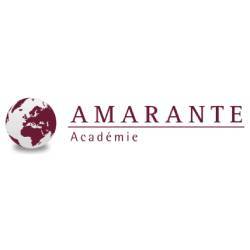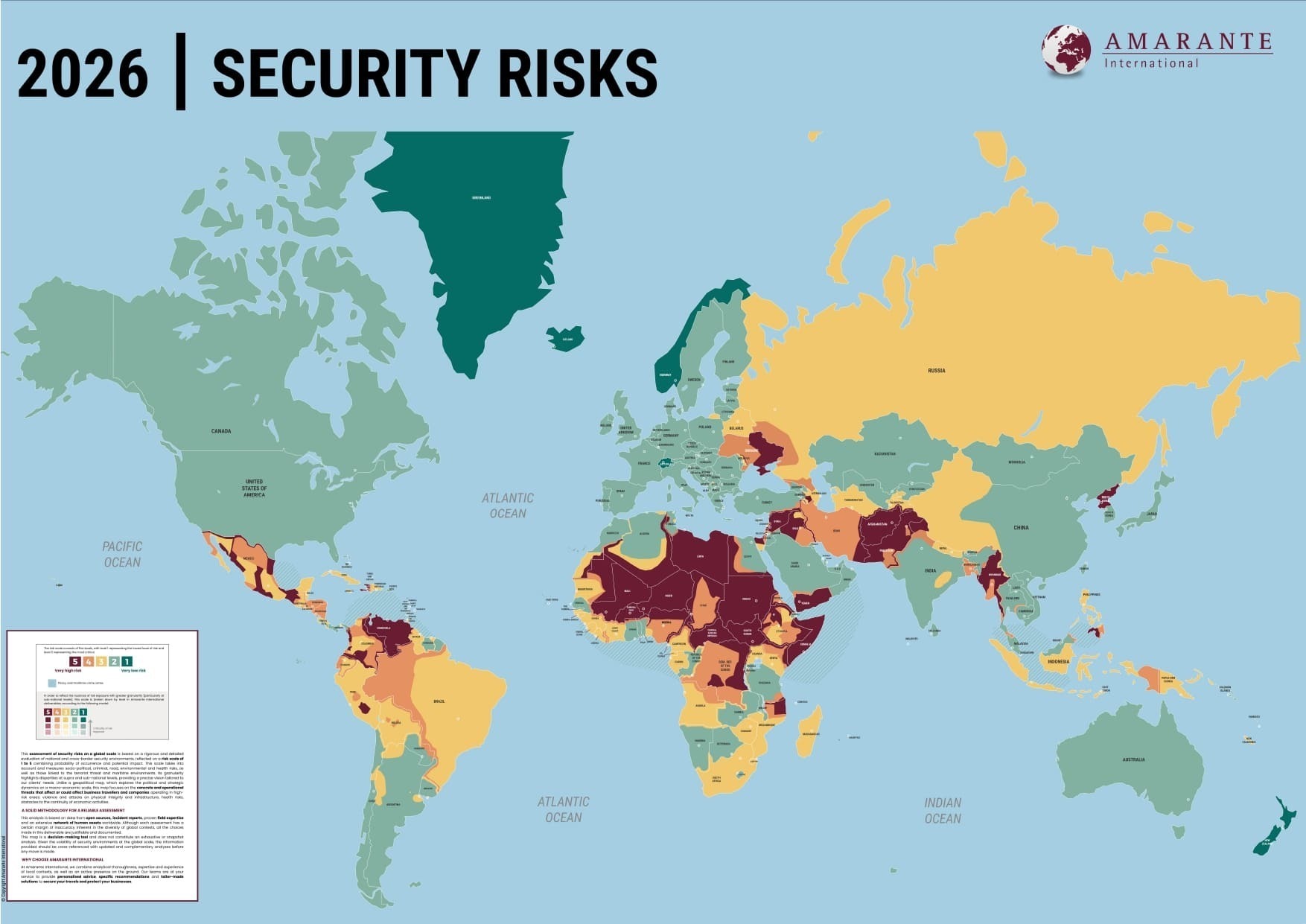Training Program - Compilance
Anti-fraud & investigation techniques
AMARANTE Académie offers training in anti-fraud measures and investigation techniques, equipping your staff with essential knowledge of various types of fraud, detection methods, and prevention strategies.
Target audience:
Any employee exposed to the risks of corruption or influence peddling. Training modules are adapted to participants depending on their level of risk exposure.
Terms and conditions of access
Each session can accommodate up to 30 participants.


Entry requirements and conditions:
No prerequisites are required. Our academic team is available to provide tailored support for each training group.
Training delivery location:
The training can be delivered remotely or on-site at the client’s premises.
Duration and organisational arrangements:
The training lasts between 2 and 4 hours, depending on the client’s specific requirements.
Objectives (Targeted Skills and Competencies):
The goal of the training is to raise awareness and provide participants with an understanding of the various types of fraud, detection methods, and prevention strategies.
The specific learning objectives are:
- Understand the different types of fraud and their consequences;
- Improve and refine protocols for reporting and handling fraud cases;
- Become familiar with laws and regulations related to fraud to ensure compliance;
- Develop practical and analytical skills to effectively combat fraud.
Course Content, Programme, Modules, Blocks:
The training content is flexible and tailored to the client’s needs. Topics covered during a 4-hour session may include:
- Fraud typology;
- Risk mapping;
- Initial AFA audit report, if applicable;
- Legal and regulatory framework on fraud;
- Fraud detection methods;
- Fraud prevention;
- Handling fraud cases.
Assessment methods during and/or at the end of training:
- Initial skills assessment at the beginning of the course;
- Final knowledge validation test.
Training monitoring:
- Attendance sheets (or login records for remote sessions);
- Daily objective assessments;
- Training evaluation form to be completed by each participant;
- Certificate of participation issued.
Teaching resources provided:
Each training session includes the following deliverables:
- Training plan;
- Training modules tailored to target audiences;
- Knowledge assessment tests;
- Training invitations;
- Optional: video content for executive leadership.
Disability and special needs:
AMARANTE Académie is committed to assessing the specific needs of candidates on a case-by-case basis in order to provide appropriate support and adjustments where required. Please contact us as early as possible so we can review your training project together.
Disability point of contact: Daniel TSHITUKA - daniel.tshituka@amarante-academie.com
Contact, Quote and Registration:
Training registration requires prior communication with our academic team and is subject to availability.
For a quote or further information, such as upcoming session availability, please fill in the dedicated contact form by clicking the following link:
Presentation sheet
The PDF of the program will be sent to you by email to the address you provide.
The training is available from EUR 1,000 per person (excl. VAT), depending on the number of participants, chosen location, and selected modules.
A detailed training presentation will be sent to the email address provided in the contact form.
We commit to responding within 48 hours to arrange an initial discussion and further assess your needs.
Academic team:
A dedicated instructional team will be selected from among our certified trainers, each with substantial experience in designing and deploying anti-corruption programmes within international organisations. They will provide full support throughout the training.
Depending on their profile, our trainers typically hold:
- A postgraduate degree (Master’s or PhD) in law, business ethics, compliance, governance, or international relations;
- Significant professional experience in roles such as compliance officers, legal advisors, internal auditors, or ethics and compliance consultants;
- Field experience in high-risk or sensitive contexts, especially involving development projects, public procurement, or cross-border operations.
Performance indicators (2024)
Success rate
Unavailable
Dropout rate
Unavailable
Satisfaction rate
Unavailable
Participant response rate: unavailable.





